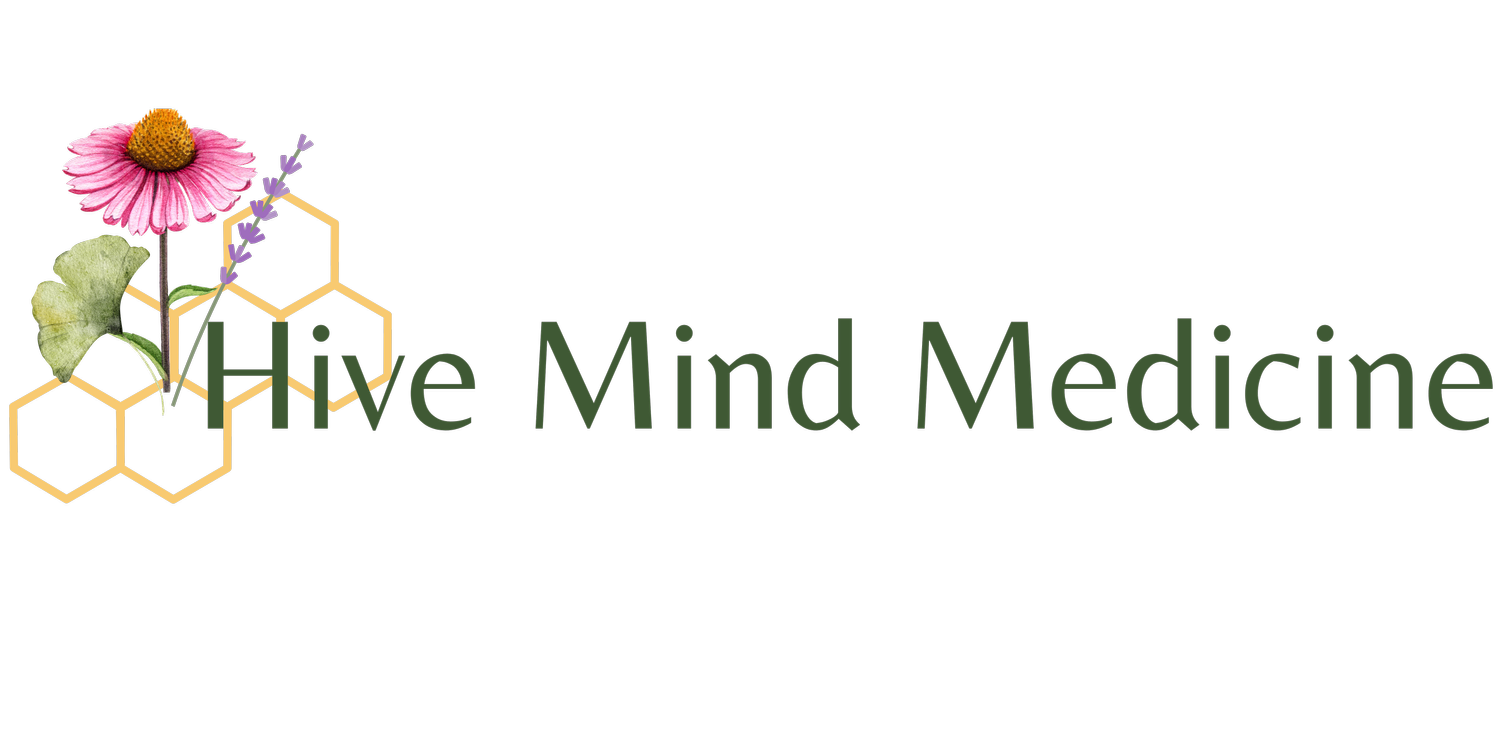Pointers for improving mood
by Dr. Hannah Edmond
Mood is influenced by a number of factors including the support we feel from our community, our physical well being, stress, nutrition, and hormonal/neurotransmitter balance. Below are some lifestyle tips and tricks that may help to improve mood. However, if you are experiencing mental health illness, there is no shame in seeking treatment and talking with a professional who can help.
Support the adrenal glands
The adrenal glands are a pair of organs that sit on top of the kidneys. They are responsible for managing stress and producing many different hormones. For this reason, the adrenal glands have a big impact on our mood. Here are some ways to support the health of the adrenal glands:
Aim to keep a daily routine. For example, eating around the same time every day and waking/going to bed around the same time every day.
Find ways to manage daily stress. This can be activities such as exercise, meditation, gratitude journal, breathing exercises, painting, singing, playing music, etc.
Nutritional influencers
There are several vitamins and minerals that are important for mental health. These include B-vitamins, tryptophan, omega-3’s, zinc, and magnesium. Here is a list of foods that are especially high in these vitamins and minerals:
Turkey
Chicken
Fish (tuna, salmon, halibut)
Nuts and seeds (sunflower seeds, flax seeds, chia seeds, walnuts, cashews)
Avocado
Eggs
Sweet potato
Additional lifestyle recommendations
Get 7-9 hours of sleep every night
When you wake in the morning, get 5-10 minutes of direct sunlight
Do some type of physical movement every day (dancing, swimming, running, walking, stretching, etc.)
Do at least 1 thing you love everyday
If you or a loved one is suffering from depression, anxiety, or other mental health illnesses there are many people and resources available for support. Here is a list of several national resources:
NAMI (National Alliance on Mental Illness)
Call: 1-800-950-NAMI (6264)
Text: 62640
Email to helpline@nami.org
Chat: https://nami.org/help
Suicide Prevention Lifeline
Call: 1-800-273-TALK (8255)
CDC
Call or text: 988
Additional resources: https://www.cdc.gov/mentalhealth/tools-resources/index.htm
Dr. Hannah Edmond received her doctorate in Naturopathic medicine at National University of Natural Medicine in 2021. She completed her first year of residency in general internal medicine at NUNM’s clinic where she was resident on the GI Mentor Shift with Dr. Sandberg-Lewis.
Hive Mind Medicine blog posts are for educational purposes only and are not intended as medical advice. Please consult with your health care practitioner for personalized guidance.
